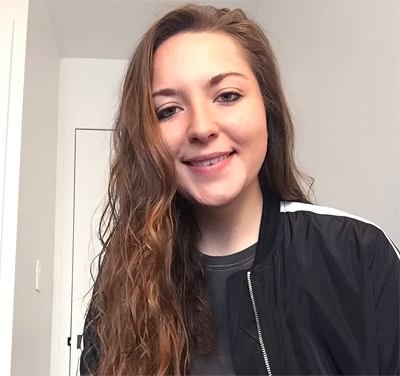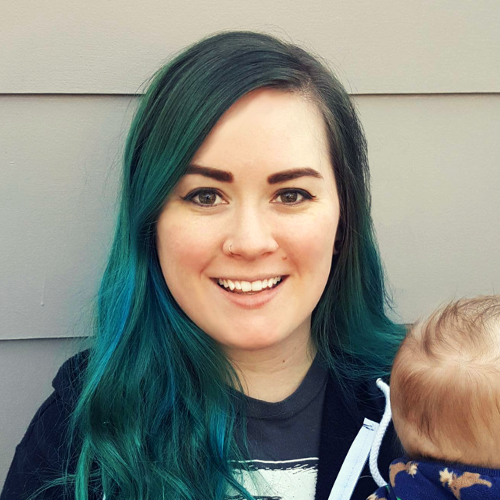Creating your first podcast can be a lot of work and it can take a good bit of researching to know what all you need to consider and do when starting out. Sure, you have to record and publish your podcast, but there is a lot of other planning and preparation around recording and publishing it. To get you started with creating your first podcast, we've created a guide of everything that you need to think about and do regarding your podcast!
1. Plan your podcast
- The first thing that you need to do when you decide that you want to start your first podcast is plan your podcast. The planning stage should direct every decision that you make regarding your podcast in the future, so take the time to fully think your podcast through. During the planning stage, you should decide on the:
- Topic
- Mission & Vision
- Title
- Target Audience
- Format
- Format is how you set up your podcast episodes, including different segments, such as interviews. For information on how to record podcast interviews, read our article here.
- Frequency & Length
- Check out our article about deciding on the length of your podcast here.
- Episode Ideas
- Artwork
- To read about creating the ideal podcast cover, take a look at our article here.
For information about branding, including a discussion about missions, visions, and target audiences, check out our Branding Your Podcast article and for tips about how to start a profitable podcast, including information about finding your niche, click here.
2. Create your podcast set up
- Creating your podcast set up means acquiring the equipment you need and creating a space and process to record your podcast. Your set up should include:
- Equipment (Including Recording Software)
- For information about the equipment you need for your podcast, take a look at our Podcast Equipment Guide for Beginners.
- Podcast Host
- You can host your podcast on your own or you can find a podcast hosting platform. There are tons of platforms, so a simple Google search will provide you with some options and reviews.
- Equipment (Including Recording Software)
3. Prepare your podcast episodes
- Preparing your podcast episodes means planning out each episode and putting together anything that you might need for them, including:
- Episode Titles
- Episode Topics
- Scripts
- Segments
- Outlines
4. Record your podcast episodes
- Once you have your set up and episodes planned, you can begin recording. Remember to be aware of your brand and how you want to come across as a podcast host. Consider things like:
- Tone of Voice
- Vocabulary
- Storytelling
- Honesty
- Personability
- Cohesion
5. Produce your podcast episodes
- Anything that you do on top of your recording is production. Production can help bring a more engaging, professional sound to your podcast. Some things that can be a great addition to your podcast are:
- Intros/Outros
- Editing
- Music
- For information on adding music to your podcast, read our article here.
6. Publish your podcast episodes
- Once you finish your podcast episodes, you obviously want to publish them. Now, this means publishing them on whatever hosting platform you are using, but this also means getting your podcast in as many places as possible. Having your podcast on numerous directories is a great way to increase your visibility. Some important directories that you should consider getting your podcast on are:
- Apple Podcasts (aka iTunes)
- To submit, follow our tutorial here.
- Google Podcasts
- To submit, follow our tutorial here.
- Spotify
- To submit, follow our tutorial here.
- TuneIn
- To submit, follow our tutorial here.
- Stitcher
- To submit, follow our tutorial here.
- Apple Podcasts (aka iTunes)
For a list of other directories you might want to be listed on, see this page.
7. Promote your podcast
- Promoting your podcast includes anything that you do online, in-person, and through any other source to get your podcast out there to more people. If you don't put the work in to make your podcast easily accessible, then people will not find your podcast and thus won't listen. Making sure that your podcast is on directories is also part of promotion, but some other sources include:
- Social Media (Twitter, Facebook, Instagram): Utilize your social media accounts to interact with listeners and to reach new listeners. Create a posting schedule for yourself, so that you are consistently active online. Think of engaging posts, both text and image, to catch people's attention. Social media is really important, so take the time to make your profiles the best they can be.
- Networking: Attend as many events as possible. Reach out to anyone that you would like to connect with. Networking involves having the opportunity to tell others about your podcast and to learn a ton from those that you meet.
- Podcast Website: Creating a website is a great way to direct your audience to a central place that has all the information about you and your podcast. Also, having a podcast website helps make your podcast more professional. You can reference your website on your podcast, on social media, and at events to communicate your website to listeners and anyone that you want to know about your podcast.
It may seem like there is a ton to think about and do before you can truly get your podcast started, but once it is all broken down, the pieces start to come together. Once you plan out your podcast, things will start to fall in place and you will have a clear direction as to what you need to do going forward. And, several of the steps that you have to take when starting your podcast are things that need to be done once. So, don't get overwhelmed, just take each step to creating your first podcast one by one and soon enough you will be rolling your podcast episodes out with a great process that you've created for yourself. Happy podcasting!
Interested in podcasting with Live365? Join our waitlist to be the first to be notified when podcasting is available on the Live365 platform.
Discover thousands of free stations from every genre of music and talk at Live365.com. Keep up with the latest news by following us on Facebook (Live365 (Official) and Live365 Broadcasting) and Twitter (@Live365 and @Broadcast365)!
Article Image: A microphone and computer with audio editing software open. (Tommy Lopez via Pexels.)


